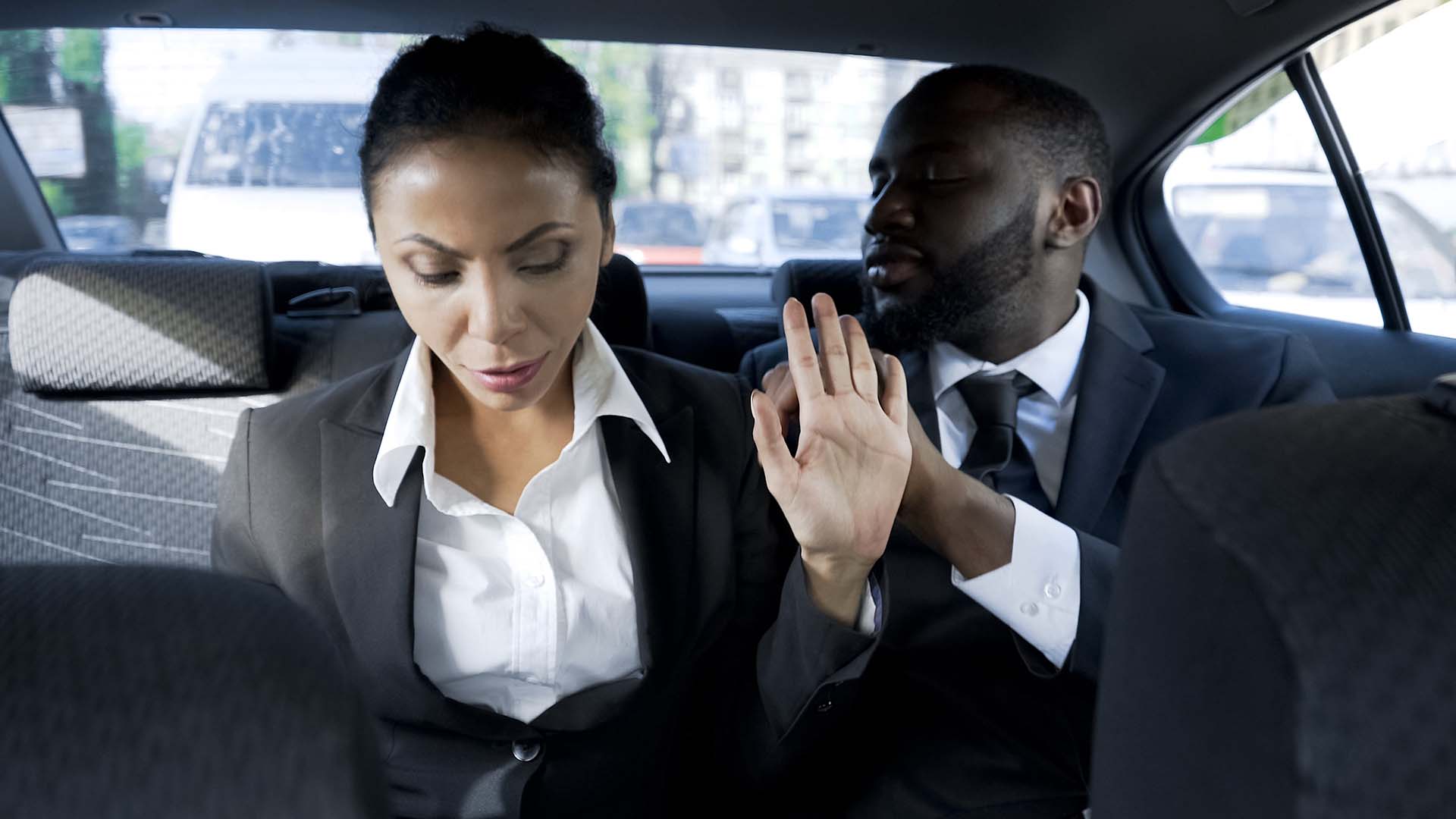Investigation into Rideshare Sexual Assault and Abuse Incidents

Together, rideshare leaders Uber and Lyft operate in over 700 cities and provide more than 20 million rides each day. Millions entrust Uber and Lyft for safe transportation each year. In Q4 2020, 93 million used Uber and 12.5 million used Lyft. However, rideshare rides bring potential risks to both passengers and drivers. Unfortunately, hundreds of women have reported harassment, sexual assault or rape by Uber or Lyft drivers that they entrusted to deliver them home safely.
In May 2018, the cable news network CNN found 103 Uber drivers who had been accused of sexually assaulting or abusing passengers between 2014-2018. The drivers have been arrested, were wanted by the police, or were named in civil suits. In addition, the network contacted over 20 police departments to obtain data on sexual assault complaints involving Uber or Lyft drivers. After the CNN investigation, Uber and Lyft pledged to release safety reports disclosing sexual abuse and assault incidents. While Uber did release a report in 2019, Lyft has not yet done so, three years after the investigation. Uber has not followed up on their 2019 report.
Uber received nearly 6,000 reports of serious sexual assault in 2017 and 2018 combined, according to a safety report the rideshare company released in early December 2019. That number includes both riders and drivers as those who reported assault. And Lyft received more than 4,000 reports of sexual assaults during rides from 2017 to 2019, the company revealed in a new report, including 1,800 reports in 2019 alone. Hundreds of rideshare passengers have filed lawsuits against Uber and Lyft over alleged assault and abuse incidents, claiming the companies failed to protect passengers or warn them of abuse.
Although Lyft and Uber do screen their drivers for criminal history and driving records, the process does not eliminate all sexual predators. Lyft stated that anyone who commits the crimes worth of its safety report gets “permanently removed from the Lyft community.” A banned user can no longer drive or ride using the app. The Uber safety team shares this policy. But members of Uber’s Special Investigation Unit revealed that the company does not share any information on dangerous drivers with its competitor, Lyft.
How Uber and Lyft are Failing Riders
Not only have these ride-sharing apps failed to take adequate steps to protect female and male passengers from assaults, but they have also failed to warn their riders of the issue at all. With the rideshare companies not reporting to authorities and not communicating with one another, what is the purpose of a ban? A driver reported for sexual assault on one service can leave with impunity and sign up for the competition to aggress again.
Uber and Lyft are responsible for their drivers from the minute a rider orders a ride. However, the riders are being exposed to a potentially life-threatening situation because Lyft and Uber continually fail to protect their passengers by:
- Not providing a safe environment for their riders
- Not properly vetting a driver's backgrounds
- Not fully screening a driver's records for red flags and reports of sexual assaults or criminal wrongdoing
- Not fully warning passengers about possible dangers or providing the technology to protect themselves
- Falsely marketing their services as a safe alternative, especially to the intoxicated or incapacitated
However, as stated earlier, the majority of sexual assaults go unreported. And it’s extremely likely that the real number of Uber sexual assault cases is much greater than the 6,000 reported across 2017 and 2018. Moreover, the company has been operating rideshare services for 12 years – equaling billions of trips. Anyone who has experienced a sexual assault in an Uber vehicle or by an Uber driver is urged to come forward and speak with a rideshare sexual assault attorney.
A Path to Justice for Survivors of Rideshare Abuse
Survivors of rideshare sexual assault and abuse, whether passengers or drivers, have a path to seek inherent risks. Although it may seem impossible to attach a monetary value to the damages inflicted from a sexual assault, one must consider that such an event does wield an economic impact on the victim—the cost of medical and psychological treatment and the inability to work now or in the future, for example. Legal measures do exist for recovering some of these damages in civil court. In many cases, the liability for a sexual assault extends beyond the perpetrator—perhaps to an organization or institution—increasing the likelihood that the victim can recover damages.
If you have been the victim of Lyft or Uber sexual assault as a passenger or driver, then you are entitled to financial compensation. Filing a legal claim may entitle survivors to financial compensation and will help to protect others from experiencing similar trauma. Now is your chance to demand accountability from Uber and Lyft.
What Do You Need To Do To Claim It?
Step 1: Click the red button below.
Step 2: On the next page, answer a few questions about your personal situation (takes 30 seconds).
